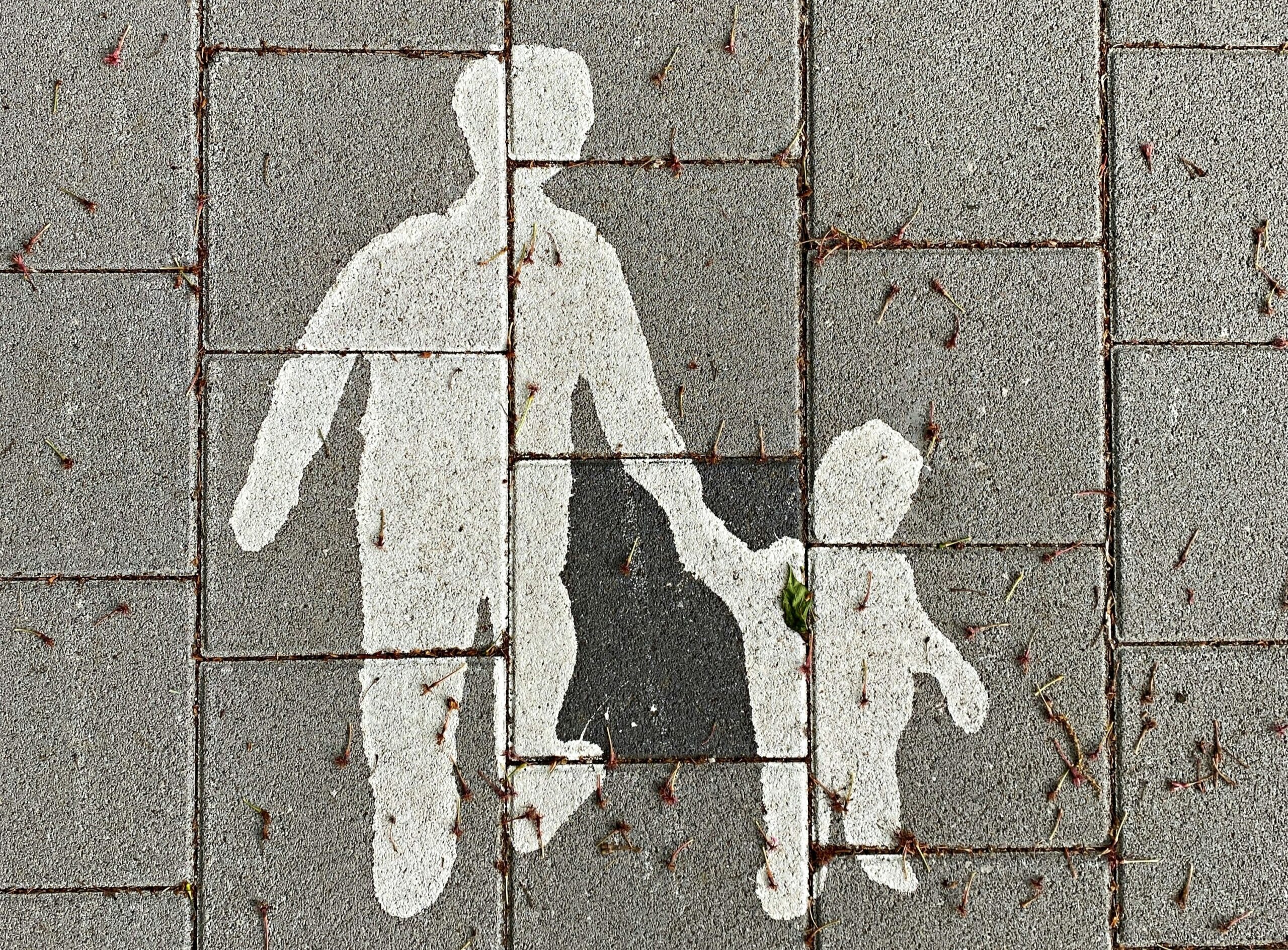
The recently filed Senate Bill 396, also known as the Parent Welfare Act, has sparked discussion regarding the natural responsibilities of family members towards one another. Many questioned the bill’s implications on the supposed ‘responsibility’ of a child to provide and financially support their parents.
However, the discourse surrounding familial obligation is incomplete without first examining the foundational responsibilities of parents to their children as enshrined in Executive Order No. 209, otherwise known as the Family Code of the Philippines.
But what exactly are these responsibilities?
Parental Responsibility to Children under the Family Code
Under Article 209 of the Family Code, parents are obligated to be persons of authority and responsibility due to their “natural rights and duties” over their unemancipated children. These responsibilities may include caring for and rearing children for civic consciousness and efficiency, and the development of their moral, mental, and physical character and well-being.
Further, Article 211 declares the duty of the parents to jointly exercise authority and responsibility over their children.
Article 195 (2) (3) (4) obliges parents to support their children.
Article 220 states that parents shall have the following rights and duties:
- To accompany, support, and educate them by right precept and good example, and to provide for their upbringing
- To give them love and affection, advice and counsel, companionship and understanding
- To provide them with moral and spiritual guidance and inspire them to comply with the duties of citizenship
- To furnish them with good and wholesome educational materials, supervise their activities, recreation, and association with others, protect them from bad company, and prevent them from acquiring habits detrimental to their health, studies, and morals
- To represent them in all matters affecting their interests
Likewise, held by Supreme Court Justice Vitug in Silva vs. the Court of Appeals et.al.,“
Parents have the natural right, as well as the moral and legal duty, to care for their children, see to their proper upbringing and safeguard their best interest and welfare. This authority and responsibility may not be unduly denied the parents; neither may it be renounced by them. Even when the parents are estranged and their affection for each other is lost, the attachment and feeling for their offsprings invariably remain unchanged. Neither the law nor the courts allow this affinity to suffer absent, of course, any real, grave and imminent threat to the well-being of the child.” (G.R. 114742, 1997)
Final Thoughts
Before one can strictly demand support from children for their parents in their advanced years, the State should see to it and affirm that parents have fulfilled their duties in their formative years, because while they say that it takes a village to raise a child, primary care and support—critical for the development of a child—should still start from the household.
Disclaimer: The content of this blog is for informational and educational purposes only and should not be considered as legal advice. While we strive to provide accurate and up-to-date information, the blog does not create an attorney-client relationship. For legal concerns or specific legal guidance, please consult a qualified lawyer.
To read more STLAF legal tidbits, visit www.sadsadtamesislaw.com/bits-of-law.
For comments, suggestions, and inquiries, email legal@sadsadtamesislaw.com.
Author/s: Patricia Minimo
About the author: Patricia is STLAF's Legal Writer-Researcher. She is a Communication graduate from the University of the Philippines – Baguio with a major in Journalism and a minor in Speech Communication.

